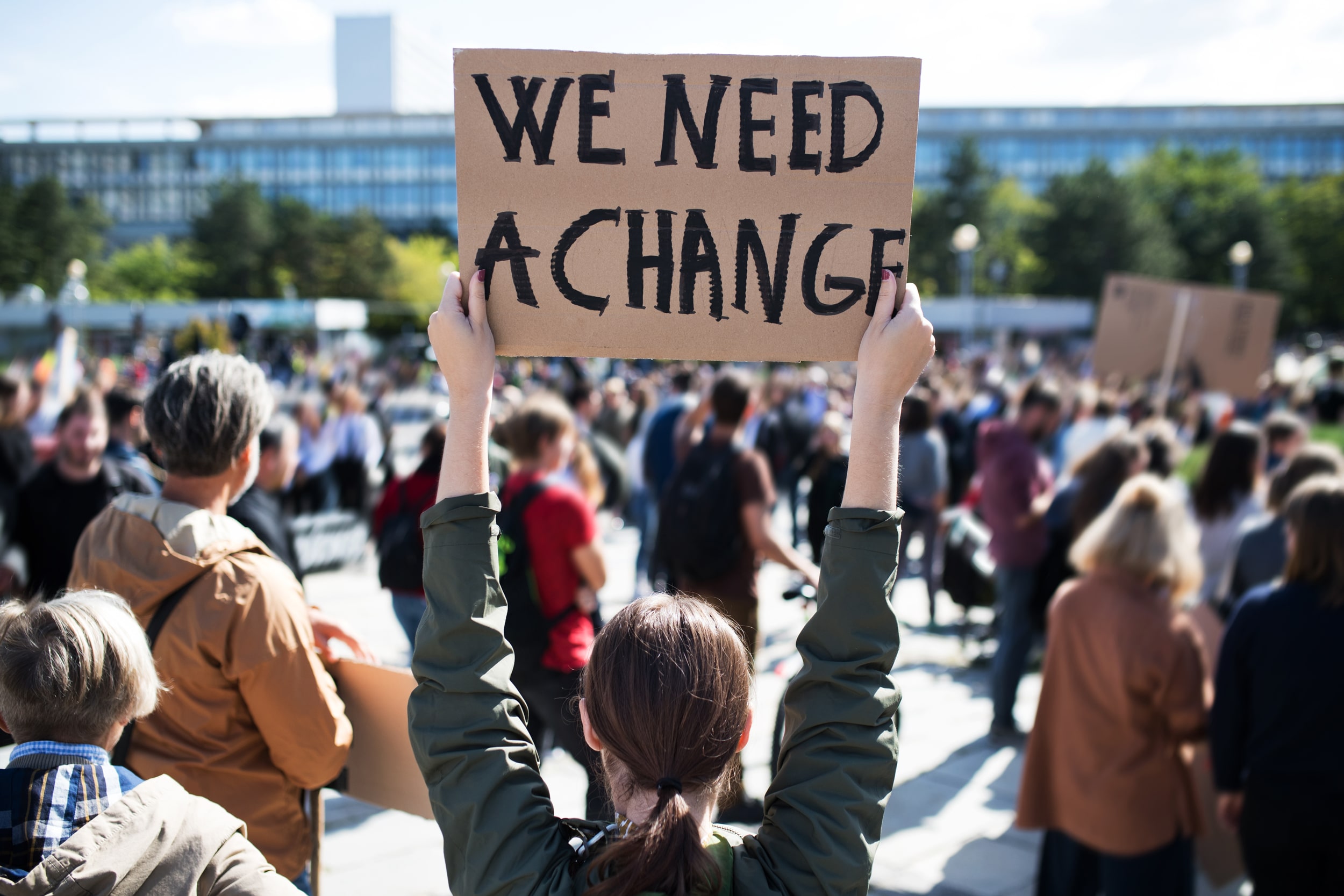The climate is changing at an ever more rapid pace. The headlines talk about ocean temperatures that keep rising, record-breaking storms including a recent tornado whose winds were clocked by researchers at 300 mph, a failure to reach even modest carbon emissions goals.
The Johns Hopkins Center for Communication Programs’ Suruchi Sood and colleagues say that entertainment-education, which uses theory-based and evidence-driven storytelling strategies that promote social and behavior change, could be “a promising vehicle for climate change communication, but the strategy requires … changemakers working collaboratively to create meaningful and relevant programs.”
She sees a future where a multidisciplinary set of people with different skills, including academics, scriptwriters, producers, directors, actors, and climate activists, can work together to create meaningful and relevant entertainment-education programs for climate change based on theory and best practices. These programs would model behaviors that can help people survive the deluge of unprecedented floods and high heat days. And the future needs to start now.
“Climate change transcends geopolitical boundaries and impacts everyone around the globe,” Sood and her co-authors write in a chapter of the new book, Storytelling to Accelerate Climate Solutions. Entertainment-education can position the very serious issue of climate change in an engaging and informative way that can reach many people at the same time, she says.
“Applying best practices from the entertainment industry, in combination with a growing theoretical understanding of how to communicate climate change with audiences, can foster compelling communications that help audiences understand what climate change is, encourage them to share their questions and concerns, and leave them feeling empowered and hopeful about the future,” Sood and her co-authors write.
Sood and her colleagues – Amy Henderson Riley and Lyena Birkenstock of Thomas Jefferson University – evaluated peer-reviewed and grey literature and consulted dozens of program and industry experts to get an idea of today’s landscape at the nexus of entertainment-education and climate change. Sood said they found more examples than she predicted, but also space to really tackle the issues head on.
In the Global North, they found, late-night comedy often addresses climate change and there have been storylines from other popular entertainment including movies such as Don’t Look Up or The Day After Tomorrow. In the Global South, climate adaptation and mitigation narratives are situated in formats portraying audiences’ lived experiences.
Much of the climate change conversation must be reframed, Sood says. It has often been positioned as something that would have an impact but not right away and maybe even just on future generations, instead of treating it as something urgent and critical that needs to be addressed right away.
Words matter, she says. Is the term climate change too benign, she wonders. It makes the changes we are seeing sound like they are happening slowly, but that’s no longer the situation, she says.
“The naming and the framing of the issue really matters,” Sood says. “Are we calling it climate change, or are we calling it climate disaster? Is it global warming, or is it climate change? Aside from the big picture, we also looked at how different, different audiences or different stakeholders looked at the term and talked about the term climate change.”
She also worries that climate change messages focus on “only a doom and gloom scenario.” She says it is paramount to grab people’s attention and help them understand what they can do to reduce the damage being done to the planet.
While industries and governments are going to have to step up to make major impacts on reversing climate change, she says that messages telling people that even small things matter can help people feel more empowered. While not using plastic bags at the grocery store, for example, will not have a huge impact on climate change, she says it builds a feeling of self-efficacy, that individuals are part of a community that can work together toward a common goal.
“Entertainment-education would be such a perfect way to kind of tell people, yes, it’s a big issue, but guess what? You can do specific things about it to reduce your carbon footprint,” Sood says. “You take a huge issue, but then how do you break it down and say, Okay, but what can I do about it and sort of personalize it to the individual?
“The call to action isn’t do this for your future grandchildren,” she says. “The call to action is you can do this today.”
The chapter, “Entertainment-Education and Climate Change: Program Examples, Evidence, and Best Practices from around the World,” was written by Suruchi Sood, Amy Henderson Riley and Lyena Birkenstock.





